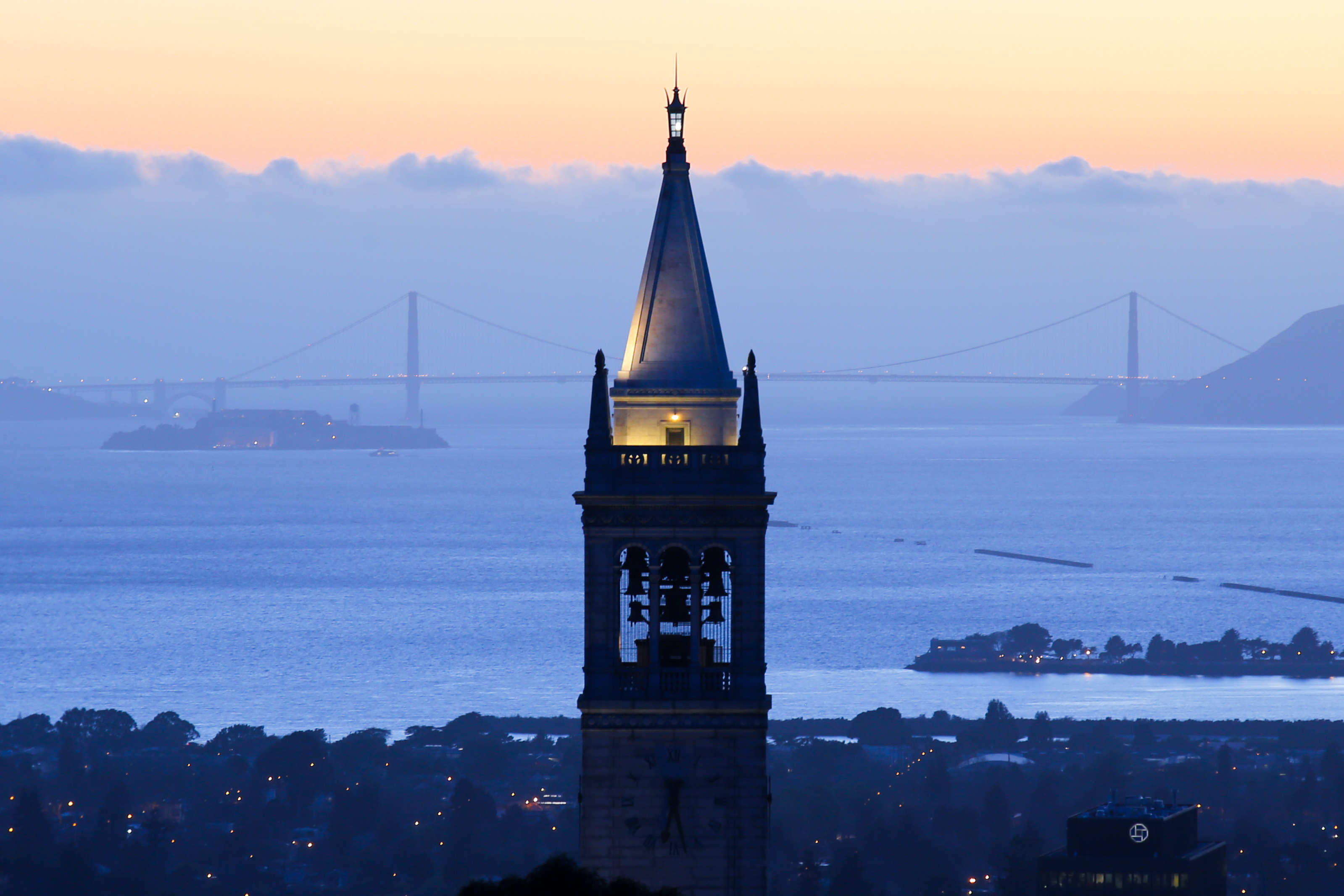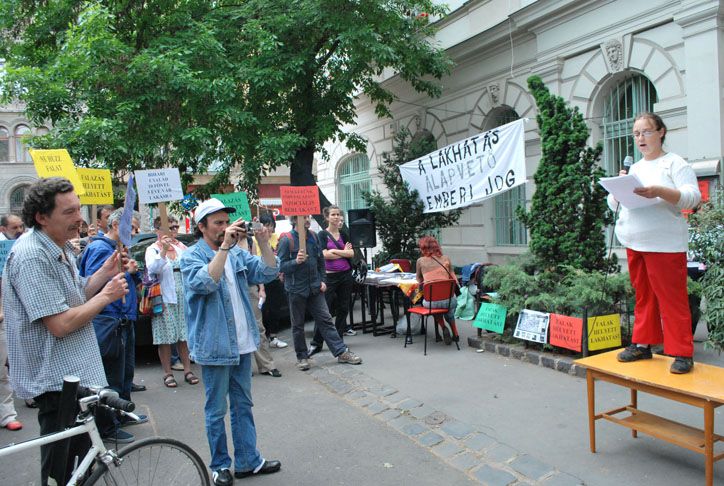|
Bannerman Fellowship
The Alston/Bannerman Fellowship Program, based in Baltimore, Maryland, is committed to advancing progressive social change by helping to sustain long-time activists of color. The program honors those who have devoted their lives to helping their communities organize for racial, social, economic and environmental justice. The program provides resources for organizers to take sabbaticals for reflection and renewal. Since 1988, there have been 171 Fellows. They've worked on a broad range of issues from environmental justice to fair wages, from immigrant rights to native sovereignty, from political empowerment to economic revitalization. They are from 32 states, the District of Columbia, Puerto Rico and Guam.{{Citation, title=Black, Brown, Yellow, and Left: radical activism in Los Angeles , author=Laura Pulido, year= 2006, publisher=University of California, id={{ISBN, 0520245199, url= https://books.google.com/books?id=CzarnBhJiZUC&dq=%22Bannerman+Fellowship%22&pg=PA296, isbn=978-0-520 ... [...More Info...] [...Related Items...] OR: [Wikipedia] [Google] [Baidu] |
Baltimore, Maryland
Baltimore ( , locally: or ) is the most populous city in the U.S. state of Maryland, fourth most populous city in the Mid-Atlantic, and the 30th most populous city in the United States with a population of 585,708 in 2020. Baltimore was designated an independent city by the Constitution of Maryland in 1851, and today is the most populous independent city in the United States. As of 2021, the population of the Baltimore metropolitan area was estimated to be 2,838,327, making it the 20th largest metropolitan area in the country. Baltimore is located about north northeast of Washington, D.C., making it a principal city in the Washington–Baltimore combined statistical area (CSA), the third-largest CSA in the nation, with a 2021 estimated population of 9,946,526. Prior to European colonization, the Baltimore region was used as hunting grounds by the Susquehannock Native Americans, who were primarily settled further northwest than where the city was later built. Colonis ... [...More Info...] [...Related Items...] OR: [Wikipedia] [Google] [Baidu] |
Environmental Justice
Environmental justice is a social movement to address the unfair exposure of poor and marginalized communities to harms from hazardous waste, resource extraction, and other land uses.Schlosberg, David. (2007) ''Defining Environmental Justice: Theories, Movements, and Nature''. Oxford University Press. The movement has generated hundreds of studies showing that exposure to environmental harms is inequitably distributed. The global environmental justice movement arises from place-based environmental conflicts in which local environmental defenders frequently confront multi-national corporations in resource extraction or other industries. Local outcomes of these conflicts are increasingly influenced by trans-national environmental justice networks. The movement began in the United States in the 1980s and was heavily influenced by the American civil rights movement. The original conception of environmental justice in the 1980s focused on harms to marginalised racial groups ... [...More Info...] [...Related Items...] OR: [Wikipedia] [Google] [Baidu] |
Sabbatical
A sabbatical (from the Hebrew: (i.e., Sabbath); in Latin ; Greek: ) is a rest or break from work. The concept of the sabbatical is based on the Biblical practice of ''shmita'' (sabbatical year), which is related to agriculture. According to , Jews in the Land of Israel must take a year-long break from working the fields every seven years. Starting with Harvard University in 1880, many universities and other institutional employers of scientists, physicians, and academics offer the opportunity to qualify for paid sabbatical as an employee benefit, called ''sabbatical leave''. Early academic sabbatical policies were designed to aid their faculty in resting and recovering, but were also provided in order to facilitate "advancements in knowledge in vogue elsewhere...an intellectual and practical necessity" for both the professors and university education more broadly. Present day academic sabbaticals typically excuse the grantee from day to day teaching and departmental duties, t ... [...More Info...] [...Related Items...] OR: [Wikipedia] [Google] [Baidu] |
University Of California
The University of California (UC) is a public land-grant research university system in the U.S. state of California. The system is composed of the campuses at Berkeley, Davis, Irvine, Los Angeles, Merced, Riverside, San Diego, San Francisco, Santa Barbara, and Santa Cruz, along with numerous research centers and academic abroad centers. The system is the state's land-grant university. Major publications generally rank most UC campuses as being among the best universities in the world. Six of the campuses, Berkeley, Davis, Irvine, Los Angeles, Santa Barbara, and San Diego are considered Public Ivies, making California the state with the most universities in the nation to hold the title. UC campuses have large numbers of distinguished faculty in almost every academic discipline, with UC faculty and researchers having won 71 Nobel Prizes as of 2021. The University of California currently has 10 campuses, a combined student body of 285,862 students, 24,400 faculty members, 1 ... [...More Info...] [...Related Items...] OR: [Wikipedia] [Google] [Baidu] |
Social Change
Social change is the alteration of the social order of a society which may include changes in social institutions, social behaviours or social relations. Definition Social change may not refer to the notion of social progress or sociocultural evolution, the philosophical idea that society moves forward by evolutionary means. It may refer to a paradigmatic change in the socio-economic structure, for instance the transition from feudalism to capitalism, or hypothetical future transition to some form of post-capitalism. Social development refers to how people develop social and emotional skills across the lifespan, with particular attention to childhood and adolescence. Healthy social development allows us to form positive relationships with family, friends, teachers, and other people in our lives. Accordingly, it may also refer to social revolution, such as the Socialist revolution presented in Marxism, or to other social movements, such as women's suffrage or the civil ri ... [...More Info...] [...Related Items...] OR: [Wikipedia] [Google] [Baidu] |
Grassroots
A grassroots movement is one that uses the people in a given district, region or community as the basis for a political or economic movement. Grassroots movements and organizations use collective action from the local level to effect change at the local, regional, national or international level. Grassroots movements are associated with bottom-up, rather than top-down decision making, and are sometimes considered more natural or spontaneous than more traditional power structures. Grassroots movements, using self-organization, encourage community members to contribute by taking responsibility and action for their community. Grassroots movements utilize a variety of strategies from fundraising and registering voters, to simply encouraging political conversation. Goals of specific movements vary and change, but the movements are consistent in their focus on increasing mass participation in politics. These political movements may begin as small and at the local level, but grassroots ... [...More Info...] [...Related Items...] OR: [Wikipedia] [Google] [Baidu] |
Community Organizing
Community organizing is a process where people who live in proximity to each other or share some common problem come together into an organization that acts in their shared self-interest. Unlike those who promote more-consensual community building, community organizers generally assume that social change necessarily involves conflict and social struggle in order to generate collective power for the powerless. Community organizing has as a core goal the generation of ''durable'' power for an organization representing the community, allowing it to influence key decision-makers on a range of issues over time. In the ideal, for example, this can get community-organizing groups a place at the table ''before'' important decisions are made. Community organizers work with and develop new local leaders, facilitating coalitions and assisting in the development of campaigns. A central goal of organizing is the development of a robust, organized, local democracy bringing community member ... [...More Info...] [...Related Items...] OR: [Wikipedia] [Google] [Baidu] |
Mississippi Action For Community Education
Mississippi () is a state in the Southeastern region of the United States, bordered to the north by Tennessee; to the east by Alabama; to the south by the Gulf of Mexico; to the southwest by Louisiana; and to the northwest by Arkansas. Mississippi's western boundary is largely defined by the Mississippi River. Mississippi is the 32nd largest and 35th-most populous of the 50 U.S. states and has the lowest per-capita income in the United States. Jackson is both the state's capital and largest city. Greater Jackson is the state's most populous metropolitan area, with a population of 591,978 in 2020. On December 10, 1817, Mississippi became the 20th state admitted to the Union. By 1860, Mississippi was the nation's top cotton-producing state and slaves accounted for 55% of the state population. Mississippi declared its Secession in the United States, secession from Union (American Civil War), the Union on January 9, 1861, and was one of the seven original Confederate States of ... [...More Info...] [...Related Items...] OR: [Wikipedia] [Google] [Baidu] |



